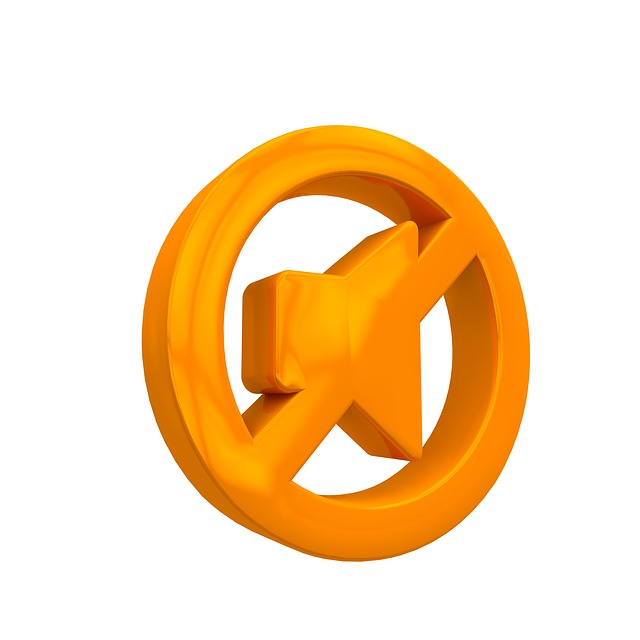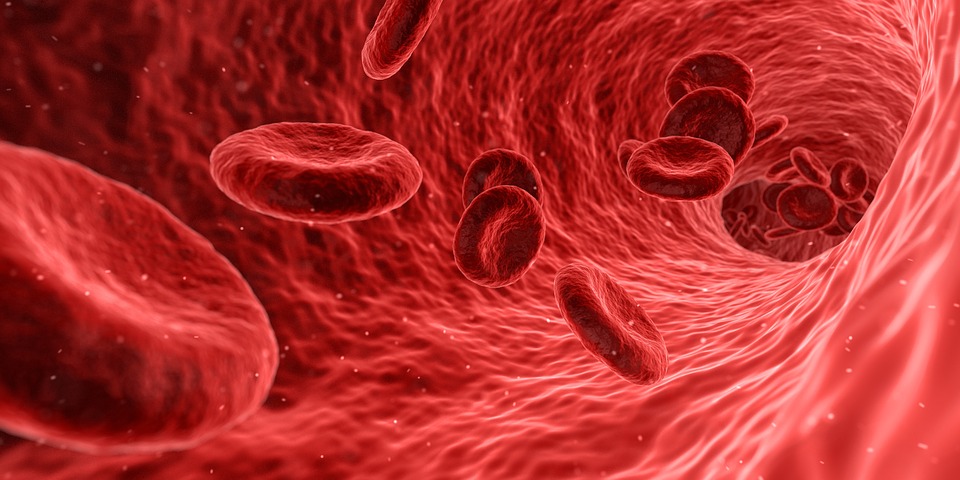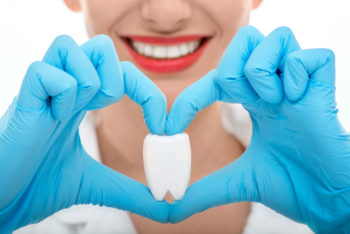
Periodontal (gum) disease is a progressive inflammation of the gum tissue. It is most frequently caused by bacterial infection. Left untreated, gum disease can have serious consequences for your oral and overall health. However, one of the biggest challenges for early detection and treatment of gum disease is its silence. Gum disease can often begin and progress with few or no symptoms until reaching an advanced stage.
Gum disease is caused when the bacteria found in plaque builds up between the teeth and gums. As the bacteria grow, the gums can become inflamed and pull away from the teeth. When gum disease is not treated promptly, it can worsen, leading to increased gum recession, infection, and bone loss. In addition, periodontal disease is the leading cause of tooth loss in adults.
Gum disease also impacts other aspects of your overall health. Research has found links between gum disease and diabetes, heart disease, stroke, and other serious inflammatory illnesses. To help prevent gum disease, ensure you are practicing strong oral hygiene habits, including brushing, flossing, use of mouthwash, and regular dental examinations. Be aware of your risk factors for developing gum disease, such as age, tobacco use, genetics, stress, medications, grinding, obesity, or other inflammatory diseases, among others. Consider having an annual periodontal evaluation.
While symptoms may not appear until later stages of the disease, it is important to watch for the warning signs of gum disease. Some of these include:
- Red, swollen, or tender gums
- Mouth pain
- Bleeding gums caused by brushing, flossing, or eating hard foods
- Loose or separating teeth
- Pus between gums or teeth
- Mouth sores
- Chronic bad breath
- Gums receding or pulling away from teeth
- Changes in your bite or the fit of dentures
Gum disease can start silently, but may cause great damage if left untreated. Once gum disease has started, it can be effectively treated, but not fully cured. Protect your oral and overall health with preventive care and regular periodontal screenings. For more information about gum disease or to schedule your periodontal screening, contact our Chantilly, VA dentist office.








 Your smile is one of the first things a person will notice when you meet. If you would like to improve your smile with a simple procedure, teeth whitening may be a great option for you, especially if you have stained, dull or discolored teeth. Our dental office is providing teeth whitening services to new and existing patients.
Your smile is one of the first things a person will notice when you meet. If you would like to improve your smile with a simple procedure, teeth whitening may be a great option for you, especially if you have stained, dull or discolored teeth. Our dental office is providing teeth whitening services to new and existing patients. For decades, scientists have been studying the links between periodontal (gum) disease and heart disease. Over the years, research has continued to find strong correlations between these two inflammatory conditions. While there is work yet to be done, we have already discovered connections that may influence how we approach health care in the future. Consider a few key components of the gum disease – heart disease relationship.
For decades, scientists have been studying the links between periodontal (gum) disease and heart disease. Over the years, research has continued to find strong correlations between these two inflammatory conditions. While there is work yet to be done, we have already discovered connections that may influence how we approach health care in the future. Consider a few key components of the gum disease – heart disease relationship. We often have visitors to our office ask about solutions for fixing stained teeth or filling in gaps between teeth. We sometimes suggest veneers. Veneers are one cosmetic option available for correcting your smile. Here’s what you should know about veneers, and whether they are right for you and your smile.
We often have visitors to our office ask about solutions for fixing stained teeth or filling in gaps between teeth. We sometimes suggest veneers. Veneers are one cosmetic option available for correcting your smile. Here’s what you should know about veneers, and whether they are right for you and your smile.


